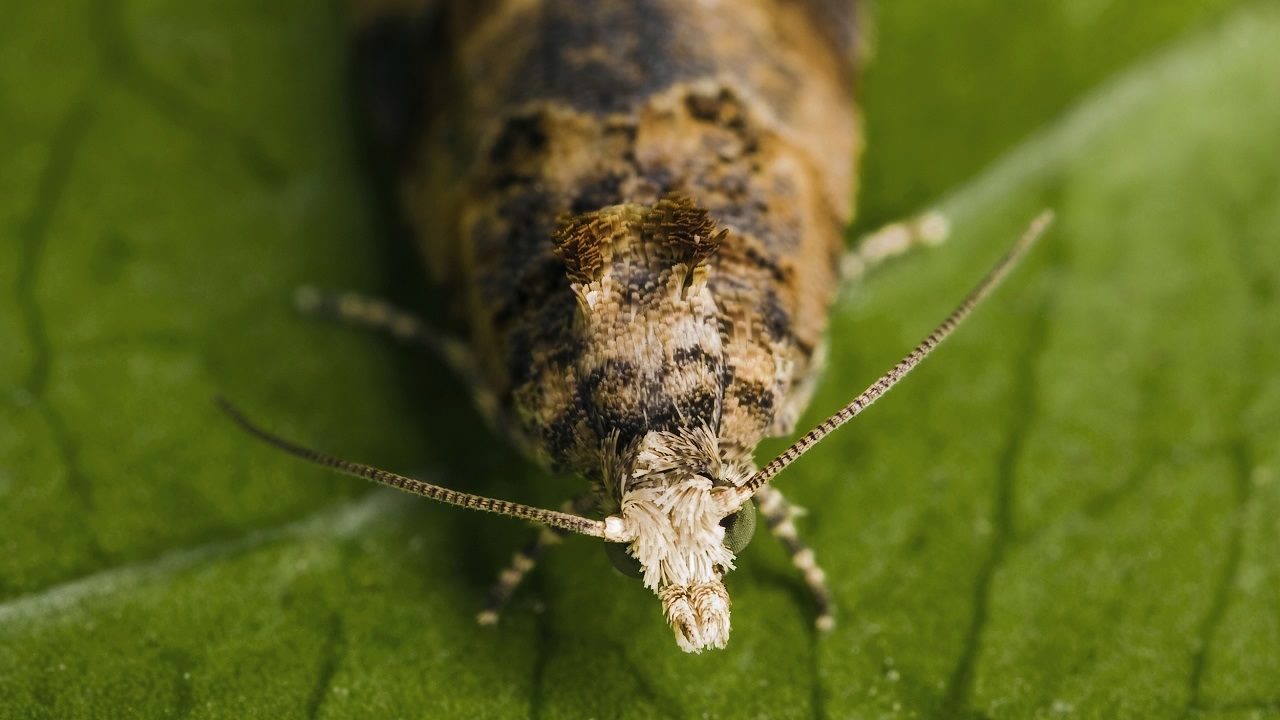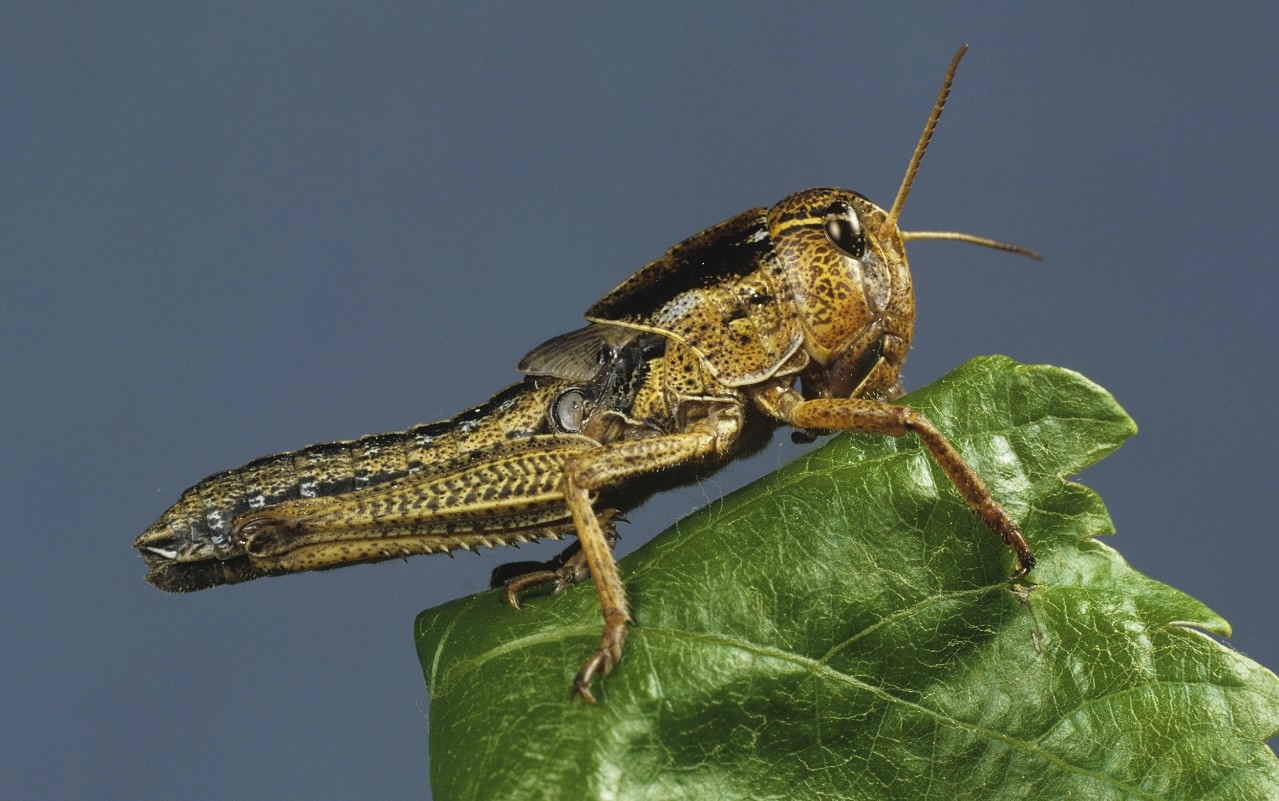
Tech & Sci
18:29, 28-Jun-2017
Study: Disrupting insects' sense of smell could save human lives

A team of international scientists led by those at the Australian National University (ANU) have discovered that disrupting insects' unique sense of smell could save millions of dollars' worth of crops, and most importantly, countless human lives.
Scientists found that an insect's sense of smell can not only transmit deadly diseases such as malaria, but it also leads some species to food sources, causing huge amounts of damage to vital crops every year.

Insect in a rice paddy. /VCG Photo
Insect in a rice paddy. /VCG Photo
ANU PhD candidate Faisal Younus said in a statement on Wednesday that the discovery of a "crucial" enzyme could help scientists "disrupt" an insect's sense of smell. He further explained that this would prevent insects from sniffing out food sources, and finding a mate, which can lower their population and mitigate damage caused.
"The findings could help us to design better insecticides and find more productive ways to lower insect populations so they spread less disease and affect fewer crops," Younus added, "An insect's sensory neurons are being cleared constantly at a very fast rate, ensuring their brain is not overloaded with odors."

A migratory locust nymph. /VCG Photo
A migratory locust nymph. /VCG Photo
"For the first time, we have confirmed the involvement of an enzyme that breaks down food odor molecules to help insects smell efficiently, and described the structure of this enzyme. Our study has also shed light on the crucial role the enzyme plays in re-priming the sensory neurons of an insect at a neurological level." he said.
Younus said findings of the research could lead to fewer destroyed crops. He clarified that focusing on negating the effects of the enzyme could one day help authorities better understand fruit flies such as Drosophila suzukii, which have the capacity to cause millions of dollars of damage to crops in Australia.
(Source: Xinhua)
9020km

SITEMAP
Copyright © 2018 CGTN. Beijing ICP prepared NO.16065310-3
Copyright © 2018 CGTN. Beijing ICP prepared NO.16065310-3